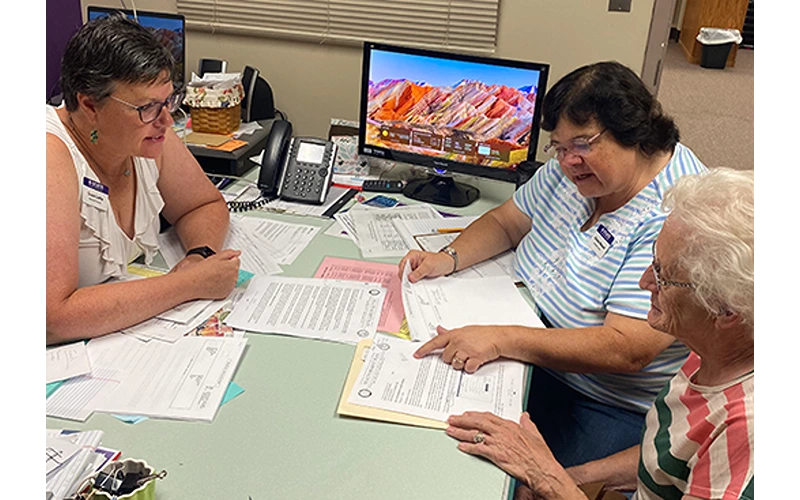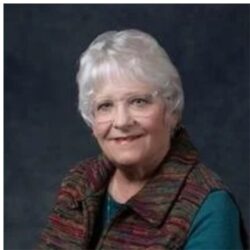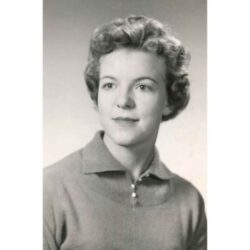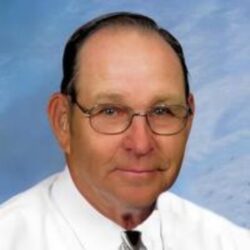By Jennifer Tidball, K-State News and Communication Services
MANHATTAN, Kan. — A large collaborative K-State 105 project is bringing together 12 partners — including Kansas State University units, other higher education institutions and health organizations — to help improve rural and agriculture-connected health across the state.
The Rural Ag Health Community Health Worker project focuses on sustaining the health and safety of rural Kansans and the agricultural workforce. The project is establishing resource and service hubs staffed by community health workers who are co-supervised by local K-State Research and Extension units and health care partners. The project has received funding and support through the K-State 105 initiative.
“Local extension units participating in the Rural Ag Health Community Health Worker project serve as a gateway to help rural residents manage chronic conditions, prevent injuries and reduce risk of illness,” said Elaine Johannes, Kansas Health Foundation distinguished professor in community health and state extension specialist. “Extension units are known for providing education to promote and improve health; now, with the addition of community health workers, extension will be a resource and partner for local health care teams.”
The community health worker project will involve work in 16 counties, including Allen, Bourbon, Clay, Cloud, Crawford, Jackson, Jefferson, Labette, Marshall, Montgomery, Nemaha, Neosho, Republic, Washington, Wilson and Woodson counties.
The K-State units involved in the project include five K-State Research and Extension units across the state, the College of Health and Human Sciences, the College of Agriculture and the Carl R. Ice College of Engineering.
The external and community partners include the University of Kansas Medical Center Communities Organizing to Promote Equity, or COPE; Unite Us, a technology company that focuses on social care delivery; the Kansas Community Health Worker Coalition with the Wichita State University Community Engagement Institute; Health Innovations Network of Kansas; and other local health care partners.
“K-State 105 is focused on bringing people and partners together for the good of Kansas, and that’s exactly what this project is doing,” said Jessica Gnad, K-State 105 director. “We’re building an ecosystem of support to help address a key area — in this case, health care — that is affecting economic prosperity in Kansas.”
The partners in the project are recruiting and hiring five community health workers who will be based in several K-State Research and Extension districts — including Wildcat, Southwind, Meadowlark and River Valley — as well as the K-State Research and Extension — Marshall County office. Members of KU COPE will help empower community health workers by providing their training and expertise to enhance the community health workers’ ability to serve their communities. An aim is to share this model statewide to ensure consistent, high-quality and accessible health and social care services through an expanded community health workforce.
“When called upon, extension’s community health workers can provide health coaching, client support, nonclinical services, care coordination and outreach activities with local health and care services,” Johannes said. “Across the nation, community health workers’ scope of work includes these services along with health education, supporting community health initiatives and being a liaison between providers and health care. Through this Rural Ag Health Community Health Worker project, we’ll learn how extension can contribute to improved health care access for all.”
K-State Research and Extension community health workers and their health care and service collaborators will use Unite Us’ secure, closed-loop referral technology to connect clients to the care they need. Additionally, community health workers will gather information about prominent health issues and identify health disparities in the communities they serve, enabling more targeted and effective interventions.
“It is exciting to participate in this boots-on-the-ground project to identify if a model of employing community health workers is feasible and how they can make difference in the lives of Kansas families,” said Susie Latta, K-State Research and Extension — Marshall County family and consumer sciences agent.
K-State 105 is Kansas State University’s answer to the call for a comprehensive economic growth and advancement solution for Kansas. The initiative leverages the statewide K-State Research and Extension network to deliver the full breadth of the university’s collective knowledge and solution-driven innovation to every Kansan, right where they live and work. Additionally, K-State 105 forges the connections and partnerships that create access to additional expertise within other state institutions and agencies, nonprofits and organizations — all part of an effort to build additional capacities and strengths in each of the 105 counties in the state.























